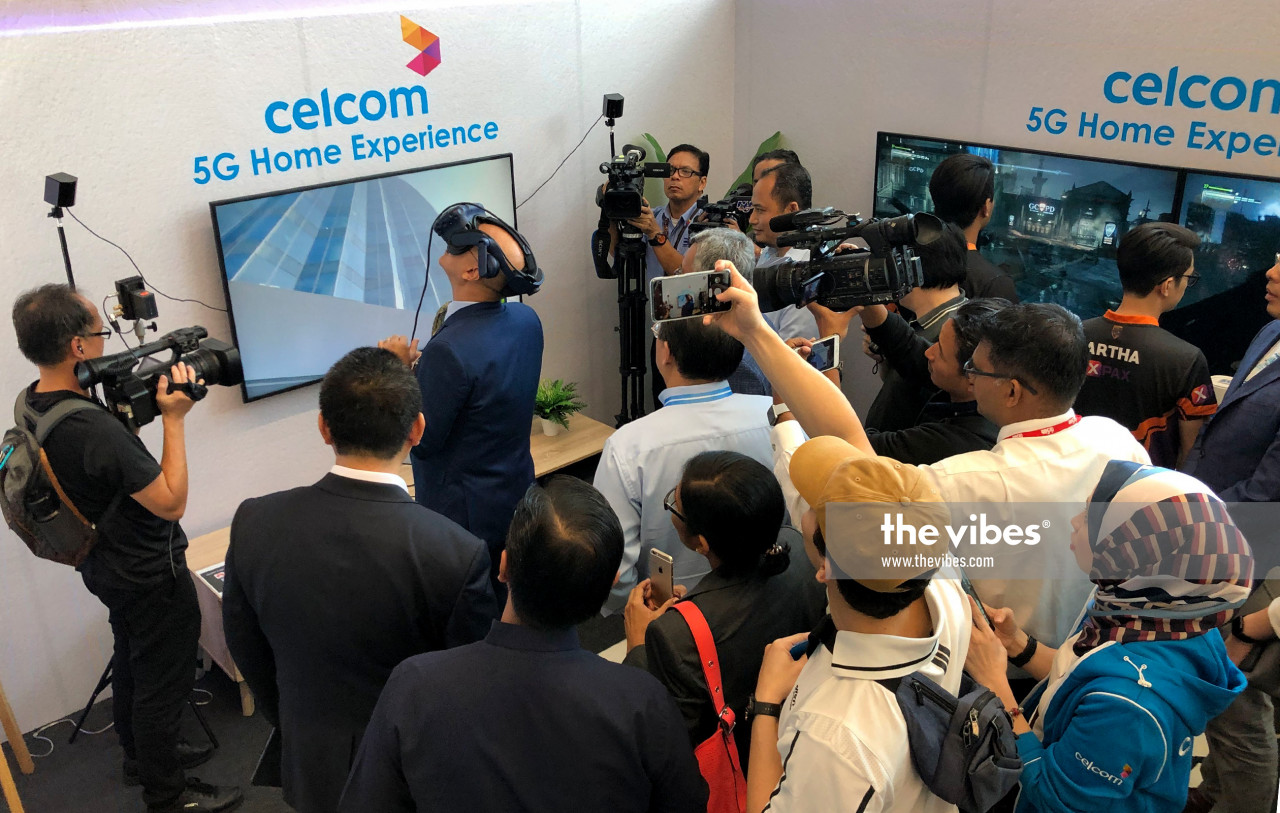RM15 bil 5G roll-out in govt hands a horrible error – P. Gunasegaram

Instead, the government is choosing this dubious plan of an SPV with all the attendant risks of inefficiency, incompetence, lack of accountability, bad decisions, the possibility of corruption and patronage, and even the possible collapse of the roll-out, requiring costly remedial measures.
P. Gunasegaram, The Vibes
ALTHOUGH support has been expressed for the government to form a special purpose vehicle (SPV) to roll out 5G infrastructure, it is simply not the best body to do so, and there are likely to be considerable inefficiencies and bloated costs.
Plus, we already know about government-owned SPVs and how they can be abused. The most notorious is 1Malaysia Development Bhd, the self-styled strategic development company owned by the Finance Ministry that hid behind a cloak of anonymity, dispensing with any semblance of accountability, and looting the country of billions of ringgit, much of which we may never get back.
With a capital expenditure of some RM15 billion over 10 years (you can bet your life that it will at least double), the 5G roll-out is no small matter, and will offer plenty of opportunity points for corruption and patronage to take place, with cost overruns as a direct result.
What we propose instead is a private sector initiative that will remove all risks for the government, obviate the need for the government to pump funds into the project, and get badly needed revenue almost immediately into government coffers.
The next-generation telecommunications technology that is 5G leads to faster speeds and greater connectivity. A government SPV leading the roll-out may well torpedo the effort, and if that happens, it will jeopardise our competitiveness and development as a nation. We simply cannot afford to take risks with the 5G roll-out.
It is vital that this is put in the hands of the right people – meaning telecommunications companies, through a consortium of firms involved in the trade. This has been suggested in the past for both fibre and 5G technology.
Unfortunately, fibre was put in the hands of Telekom Malaysia Bhd (TM) exclusively, and now, 5G is going to a government SPV.
The signs are there that the government will fumble again. Consider this extract from a group interview by Communications and Multimedia Minister Datuk Saifuddin Abdullah: “Companies, including TM and Huawei Technologies Co, are expected to play a significant role once the work begins as soon as possible to have the network available by end-2021.
“We want to be among the first Asean member states to roll out 5G deployment, and not just limit ourselves to 5G test labs. It is very important for investment, and this is where companies like Huawei will play a very, very significant role.
“The government’s decision to build the network itself was made for the simple reason that it would be faster. This was after the government considered options including issuing tenders and asking the main carriers to form a consortium.”
First, why back Huawei as a 5G provider now? Is the minister not aware that Huawei faces international problems? There is no need to commit now. And, there should definitely be an open tender first. Make the assessment at the right time. And, why should TM get preference?
Second, why was the option of a consortium of the main carriers rejected? This has been proposed in the past, but political considerations seemed to have overridden the logic behind it.

Let’s reconsider this option on several grounds. First, expertise and technical know-how. None in the government have this expertise. But, a consortium from the private sector can gather all the best 5G experts within and outside the country to make the consortium a success. All of the carriers have been working hard at this, and have considerable expertise within their ranks in anticipation of rolling out their individual 5G networks.
The main carriers – Celcom Axiata, Digi Telecommunications, Maxis, U Mobile, TM, and TIME dotCOM – can collectively own the 5G infrastructure provider, provide the board members, and decide on management.

